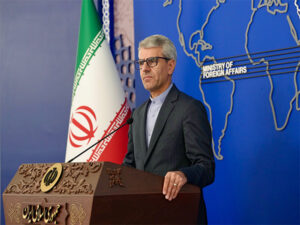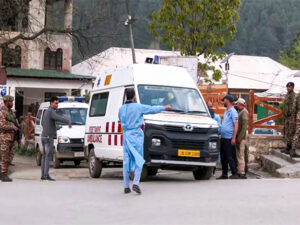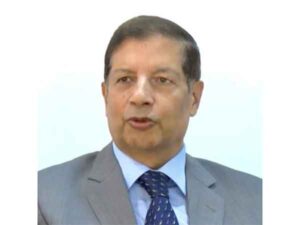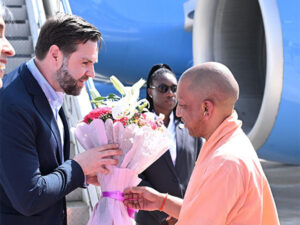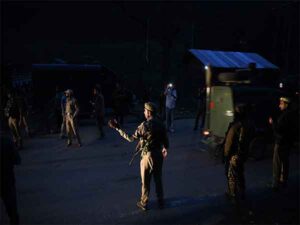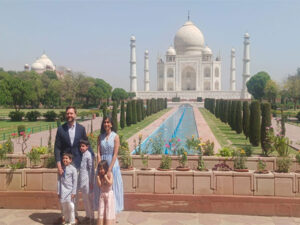MEA official, SAARC Secretary-General discuss status of regional cooperation in South Asia
New Delhi [India], May 15 (ANI): Ministry of External Affairs Secretary (East) Jaideep Mazumdar on Wednesday received SAARC Secretary-General Golam Sarwar on his inaugural visit to India. The two officials discussed the status of regional cooperation in South Asia.
In a post on X, Ministry of External Affairs (MEA) official spokesperson Randhir Jaiswal stated, “Secy (East) @JaideepMazumder received visiting SAARC Secretary General Md Golam Sarwar, who is on his first visit to India after assuming office. They discussed status of regional cooperation in South Asia.”
On Tuesday, Minister of State for External Affairs, Rajkumar Ranjan Singh, received SAARC Secretary-General Golam Sarwar. The Union Minister wished him the best for his tenure ahead.
“Received Secretary General, SAARC, Md Golam Sarwar on his inaugural visit to India. Wished him the best for his tenure ahead,” Rajkumar Ranjan Singh stated in his post on X.
SAARC Secretary-General Golam Sarwar arrived in New Delhi on Saturday, for an official visit to India from May 11 to 14.
“Welcome to India! SAARC Secretary General Md Golam Sarwar arrives in New Delhi on his first official visit to India. An opportunity to further strengthen cooperation in South Asia,” said the Spokesperson of the Ministry of External Affairs, Randhir Jaiswal, on X on Saturday.
Notably, the South Asian Association for Regional Cooperation (SAARC) was established on December 8, 1985. It comprises eight member states: India, Bangladesh, Afghanistan, Bhutan, Maldives, Nepal, Pakistan and Sri Lanka. The Secretariat of SAARC was set up in Kathmandu on 17 January 1987, according to the official statement by the SAARC Secretariat.
The objectives of the SAARC are to promote the welfare of the peoples of South Asia and improve their quality of life; accelerate economic growth, social progress and cultural development in the region; provide all individuals with the opportunity to live in dignity and realise their full potential; and promote and strengthen collective self-reliance among the countries of South Asia, according to an official statement.

